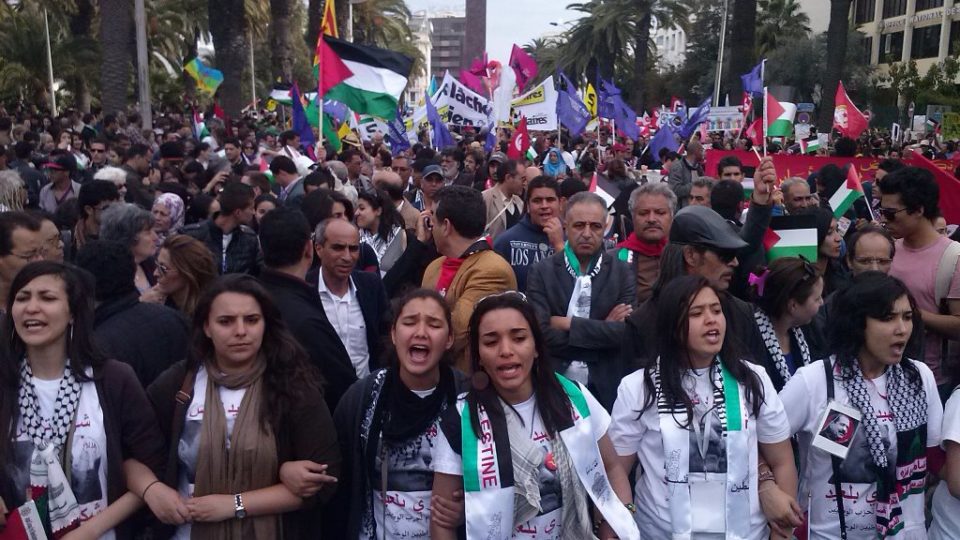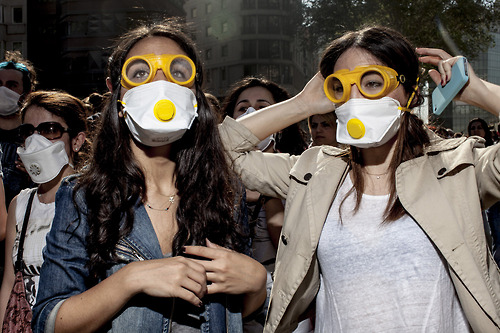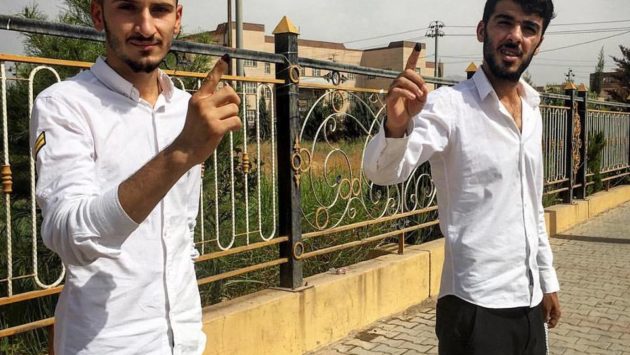The 2013 World Social Forum, a big success in the path of the WSF
Ahmad Jaradat
Alternative Information Center- Palestine
The 2013 edition of the World Social Forum took place between the 26 to the 30th of March in Tunisia. A lot can be said about World Social Forums, as always, but this one event will for sure mark history.
As Tawfeeg Ben Abdallah Coordinator of the African Social Movement and member of the WSF International Council stated : « This is one of the most important international event that hapened in Tunisia since the independence. » And indeed, the global conssensus on the success of the forum is the best proof of what a turning point this Forum is for the social movements of the Arab world.
For the first time since it’s creation in 2001, the World Social Forum was held in an Arab country. This could be the result of chance or good luck for Tunisia and the region, but the running of the Forum in that place, and at that time, is much more the result of deep political changes.
If this event will for sure give a huge push to social movements in the region, the only fact of it’s organisation is the result of changes on the ground.
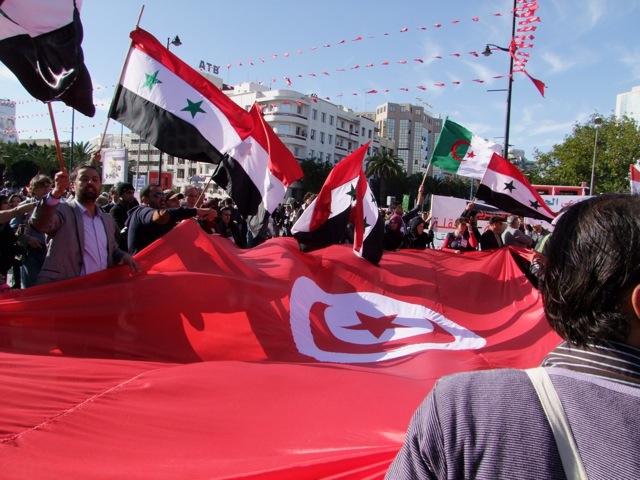
As Kamal Lahbib, Chairman of the Morrocan Social Forum and Member of the International Committee said :« To do the Forum here, in the frame of the challenges of the country and the region, is a success by itself ».
The ongoing struggle of the Arab people for democracy, and the death of Tunisia’s leftist figure, Chokri Belaid, just a month before the event, made it a bigger challenge for the organizers. Putting aside the workshops and assemblies, the only presence of a World Social Forum in this tense political situation is, in itself, the success of the Forum.
And not only did the forum took place where the very beginnig of the Arab revolutions took place, but it’s activities were a comprehensive acheivement.
First of all the youth, especially the Tunisian one, played a major role in the activities. Their presence and actions highlighted their critical importance in such events and in Social Movements in general. The Forum taking place during a University break, students carried out the organisation on their campus brilliantly, making this Forum not only a success regarding it’s content but also regarding it’s coordination.
The Forum began on a flying start. The opening march, that took place on Bourguiba Avenue, was attended by 30 000 people. Without even mentioning the great symbol and tribute to the Tunisian revolutonnaries, this March set the tone and the atmosphere of a productive and encouraging Social Forum.
Moreover, the attendance of a various range of Civil Society Organisations, coming from all over the world and from different social economical backgrounds, gived a real international and pluralistic dimension to the Forum. The geographical central location of Tunisia on the globe played an important role, allowing the less well-off organisations to reach the meeting point.
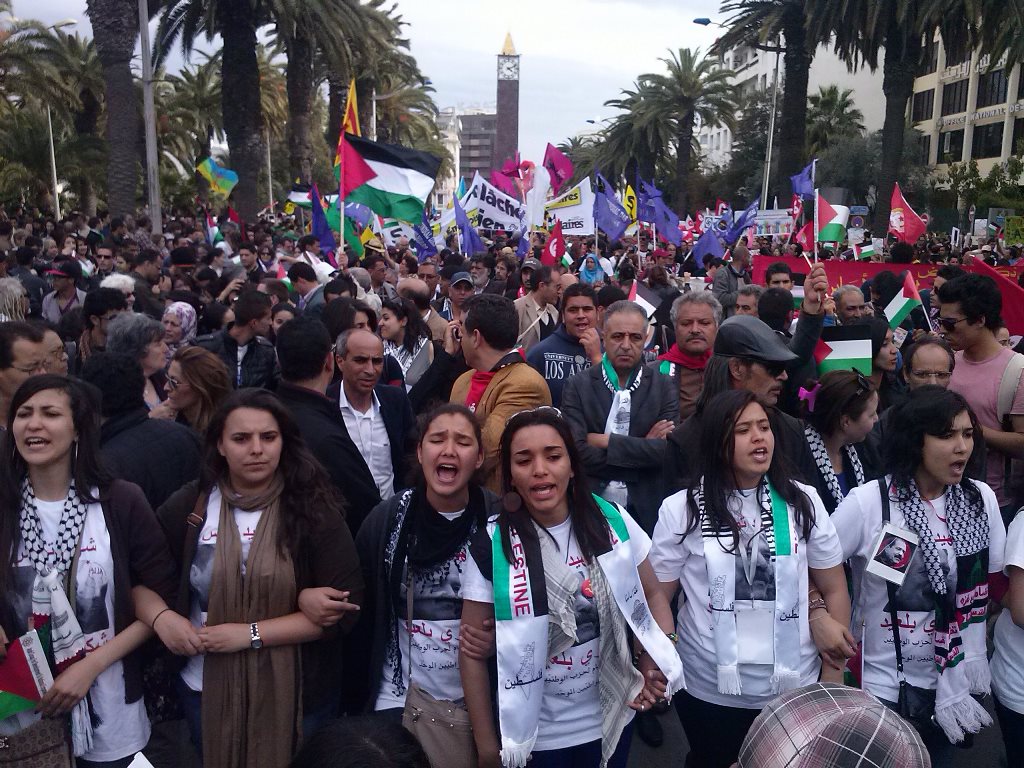
Core issues, such as women, human rights or environnement were disscussed but two major topics must be highlighted.
First, Political Islam. The subject took an important part in the disscussions. The meaning and definition of the notion of State, as a structure, as a nation, as political concept, were debated.
And here, the methodology also changed. If previous World Social Forums had been criticized for being to theoretical, the one in Tunis dealed with issues concretely and on a political level. This time around topics such as democracy were addressed in a concrete manner, taking in account facts on the ground and analysing real cases.
Second, the organization of the World Social Forum in the country and in the region where the process of social and political critical changes.
Democratic transformations took place in the reality of difficult and complicated factors. This situation is directly linked to decades of oppression and dictatorships, supported by strong imperialism in order to control the capabilities of the region and its resources. In that respect, a World Social Forum in Tunisia is the expression of a support and international solidarity to social movements in this specific country, and the region in general. Their struggle for justice, democracy and human rights has been put in the forefront of the Forum and set as an example to continue the struggle.
As Gustave Massiah, International Committee Member noted, « This is one of the strongest Social Forum in the history of World Social Forums ! ». With great memories in our heads, we have now to go forward in our struggles, work for favorable poitlical-social changes and never forget our slogan : « Another world is possible, another world is needed. »
We can conclude that the World Social Forum in Tunisia was an important turning point in the course of the World Social Forums. It reinvigorated the work and vision of the Social Movements, as well as the power of interaction and exchange of ideas of civil society on the international level.

